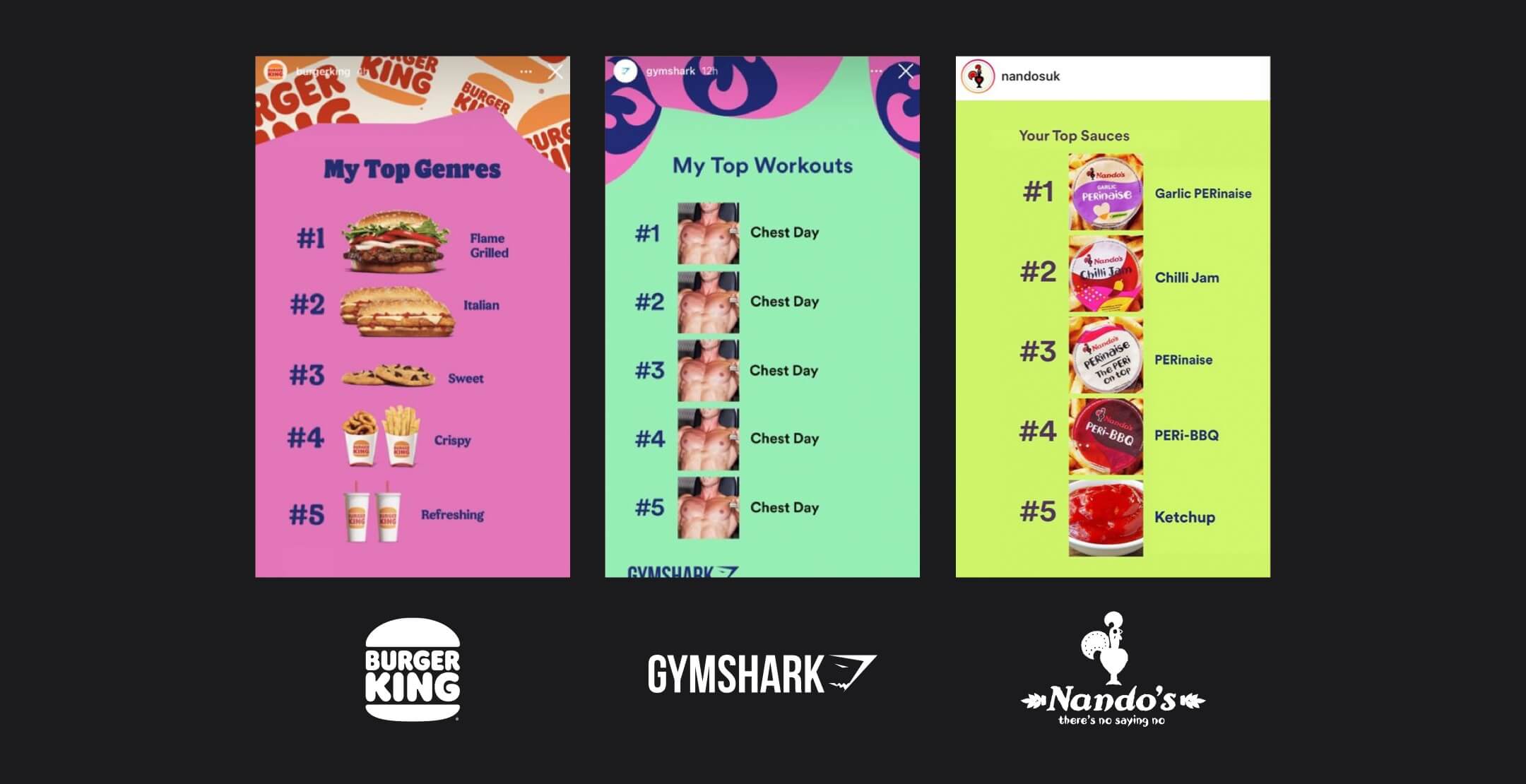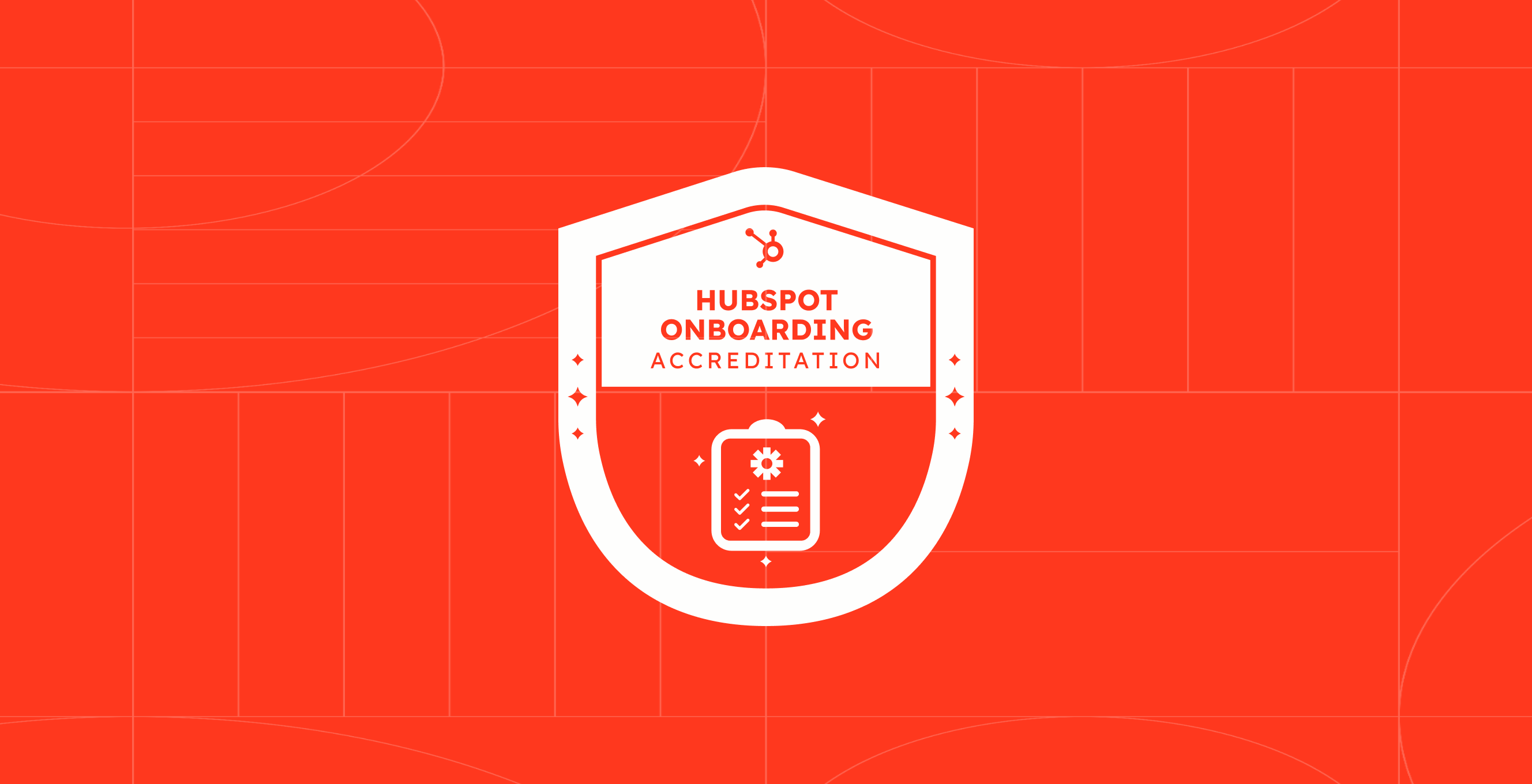The new year has just rolled in, and this means coming up with new ways to up your game in 2022! This also means reviewing the past year’s marketing strategies.
Bummer, right? Well, what if you can turn this into an opportunity for growth?
The past year has been crazy, but being able to leverage what you’ve learned in 2021 can help you craft a winning strategy that’ll help you conquer this year and beyond.
Plans are always good but, often, it’s hard to know how or where to start. We’re here to lend a helping hand. Our curated list of tips will help you craft a marketing plan that’ll help you meet your 2022 goals.
4 Tips to Jumpstart Your 2022 Marketing Plan
Before building a marketing plan, the first thing you need to do is to review last year’s marketing plan. Having a solid plan is crucial because it’s basically an outline of what you’re going to do for the year.
Every year is unpredictable and can bring in a ton of surprises. By having a plan, you can stay on top of things and still be able to meet your marketing goals.
Use the data you’ve gathered throughout the year, and determine whether or not you’ve managed to meet your goals. Find out which areas or approaches worked, as well as strategies that didn’t quite pan out.
Were you able to identify and define your target audience’s buyer personas? What about their customer journey? Marketing is all about the customer, meeting their needs and, of course, generating income for your brand.
Consumer behaviour and market trends tend to change, so it’s important to review your buyer personas and customer journeys periodically.
Now that the basics are out of the way, let’s dive right into the four tips to help you build a marketing plan that’s just right for 2022.
1. Define Your Goals
Without specific and actionable goals, you’ll probably be lost in the woods. Take cues from last year’s marketing plan, and determine what you want to achieve this year. Aside from setting goals, you must also determine what your KPIs will be.
2. Don’t Forget About Your Budget
Create a marketing budget and stick to it. The word “budget” may elicit images of restrictions or cuts, but it doesn’t always have to be that way. By setting a budget, you can properly allocate your resources to profitable channels or channels that align with your goals.
3. Stay On Top of Marketing Trends
Trends come and go, but staying abreast of the latest marketing trends lets you tweak your plan to accommodate such changes.
Also, knowing the trends helps you craft a marketing strategy that can give you a competitive edge. As the year rolls along, trends will come and go. It’s important to keep an eye on trends you can jump on and utilise for your marketing strategies. Take the Spotify “End of Year Wrap Up” that occurred in 2021, brands from all over that had nothing to do with music jumped on the bandwagon to capitalise on the trend, and it was very well done.

4. Prioritise Privacy and Digital Maturity
The shift to digital moved at a breakneck pace because of the pandemic. This pushed businesses to adopt digital marketing transformation and strategies. This year, stay competitive by working on improving your digital maturity.
Moreover, don’t forget about privacy. No matter what, it’s crucial to respect customers’ data privacy while still giving them a valuable and relevant customer experience.
Of course, when crafting a marketing plan, don’t forget about your website, which plays a major role in your business. It helps you create an online presence and build trust among clients. It serves as an important point of contact for your customers, letting you touch base and engage with them.

How to Write a Website Brief
Whether you’re thinking of doing a website redesign or starting from scratch, having a website brief will help you create a good website design that’s optimised for the best customer experience.
When mapping out your customer journey, one of the crucial touchpoints is always your website. Check out some tips on how to write a website brief below:
Include Key Components
Every website brief should include a description of what the website is for. Therefore, you need to include pieces of information like your:
- Company profile/history
- Core beliefs and values
- Mission and vision
- Purpose
- Positioning and outlook
Identify Your Target Audience
Find out what your target audience’s pain points are and what you want them to do when they’re on your website. Determine whether or not your site can create a memorable customer experience or facilitate a seamless customer journey.
Do Your Homework
Do some research on your competitors and find out what they’re doing with their site, what its unique selling points are and any issues the site may have failed to solve. This can help you identify core features for your new website design.
Assess Your Current Site
Find out your current site’s strengths and weaknesses. Is it functioning optimally and helping you meet your goals? If not, what elements would you like to change?
The great thing here is you don’t necessarily have to start from scratch and you can apply these tips not only for 2022 but also for the succeeding years.
Ready to make waves this 2022? Talk to us and find out how we can help your business grow.




